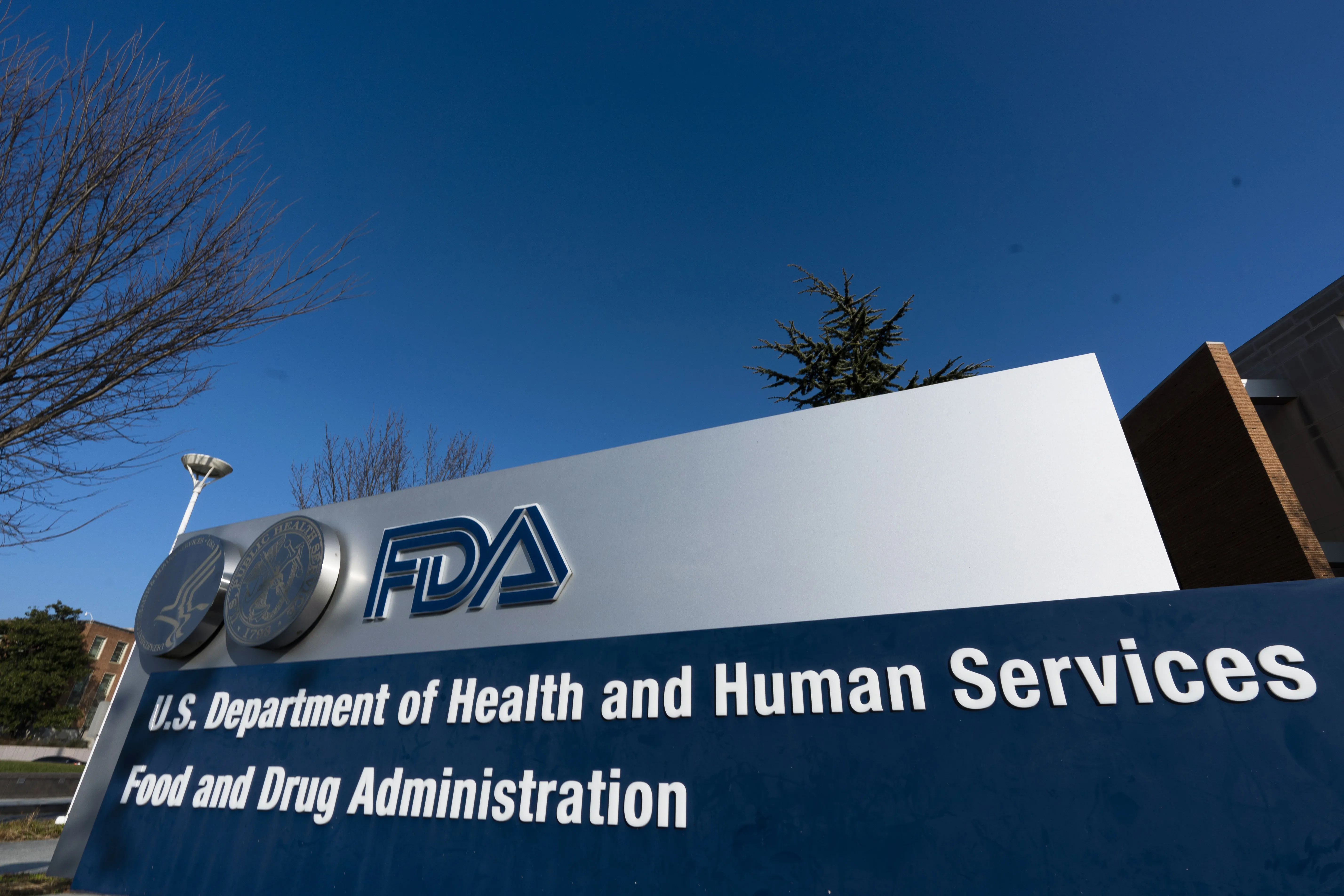FDA Rejects MDMA for PTSD Treatment: A Setback for Psychedelic Research

FDA's Decision on MDMA
The FDA's recent decision to reject the use of MDMA, a psychedelic compound, as a treatment for PTSD marks a significant setback for the field of psychedelic medicine. Advocates had anticipated that approval for MDMA would lead to a broader acceptance of hallucinogenic drugs in medical settings.
Impact on Psychedelic Research
- This rejection may slow down research efforts into psychedelics as viable treatments.
- Concerns rise regarding the future regulatory landscape for psychedelic therapies.
The FDA's decision underscores the complex relationship between regulation and medical innovation, putting additional pressure on researchers and companies in this field.
This article was prepared using information from open sources in accordance with the principles of Ethical Policy. The editorial team is not responsible for absolute accuracy, as it relies on data from the sources referenced.